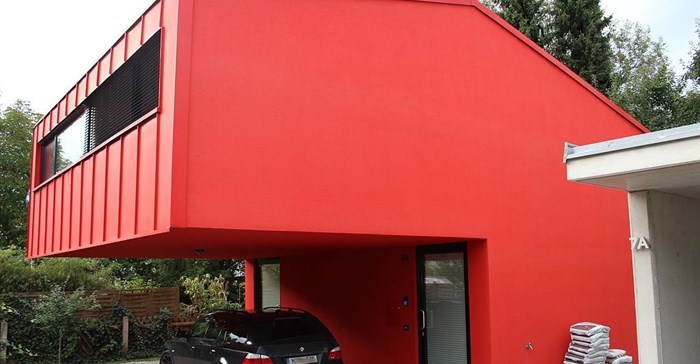Due to technological advancements, home automation solutions are evolving and getting more connected. Home automation solutions of today make use of high-end digital technology to improve efficiencies and performance around the home.
These solutions integrate seamlessly, and are made up of security systems, refrigerators, televisions, dishwashers, lighting, as well as other electronics and appliances. They are electrically powered and centrally controlled at home, or remotely, from a single console or device. As more and more appliances and devices connect to the Internet of Things (IoT), the more features will be included in smart homes. And the smarter homes get, the more important the home network will be.
Today we are already seeing many different technologies included in home automation systems. From automated door locks and security systems, temperature and ventilation controls and energy consumption monitoring devices to home entertainment, smart lighting, smart appliances and pet monitoring systems, everything is becoming connected.
The nervous system of the connected home
However, consumers have yet to realise the central role of routers in the network, and the importance of a home network, in connected or smart homes. Routers will become the nerve system of networked homes in the future, as devices and applications permeate our living spaces. Much like the foundation that the house is built on, if the network isn't constructed well, with the right equipment, nothing else in the house will work the way it was designed.
Without an effective home network, consumers will not be able to use connected devices the way they were built to be used. Five years ago, a simple wireless router was sufficient to serve the needs of the most complex home network set-up. Today, the explosion of IP-connected devices has caused the old home networks to be woefully inadequate.
Managing consumption through automation
The home automation market is booming, mostly due to an increasing need for effective solutions that cover a variety of typical home applications such as energy management, entertainment, lighting and safety. In countries such as America and many European nations, good broadband penetration is is also a factor in the growth of home automation.
There is also a growing consciousness about energy conservation, and the ability to manage consumption through automation. This is definitely driving the growth of home automation. In addition, we are seeing a surge in smart device-based home automation apps, which is driving the growth of the market as a whole. Add to this increased consumer awareness, as well as a general affinity towards new technologies, and it's understandable why so many people are going the smart home route.
As the benefits of the smart home go way beyond mere convenience, to encompass advantages such as improved safety and security, home networks are going to come into their own.































